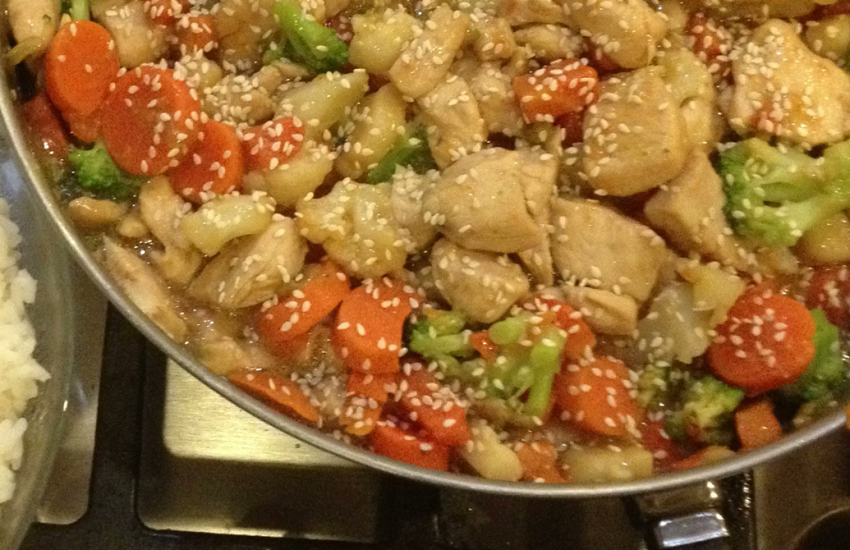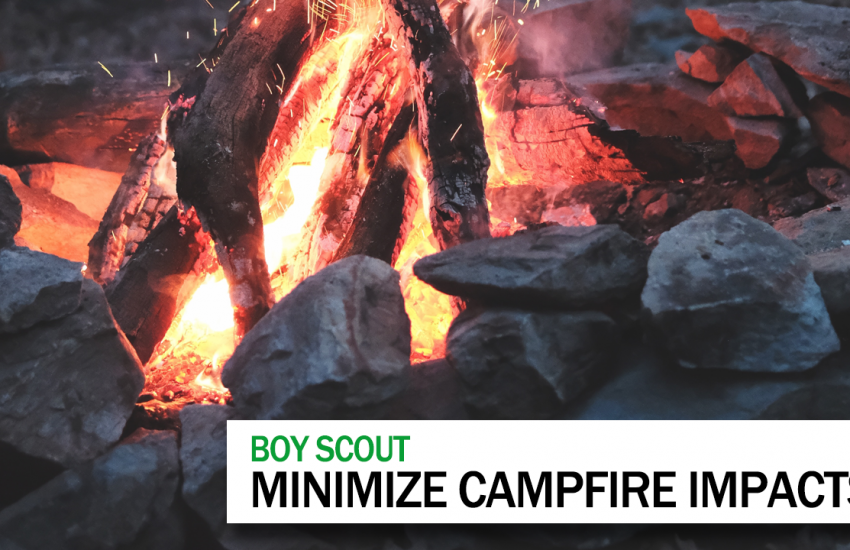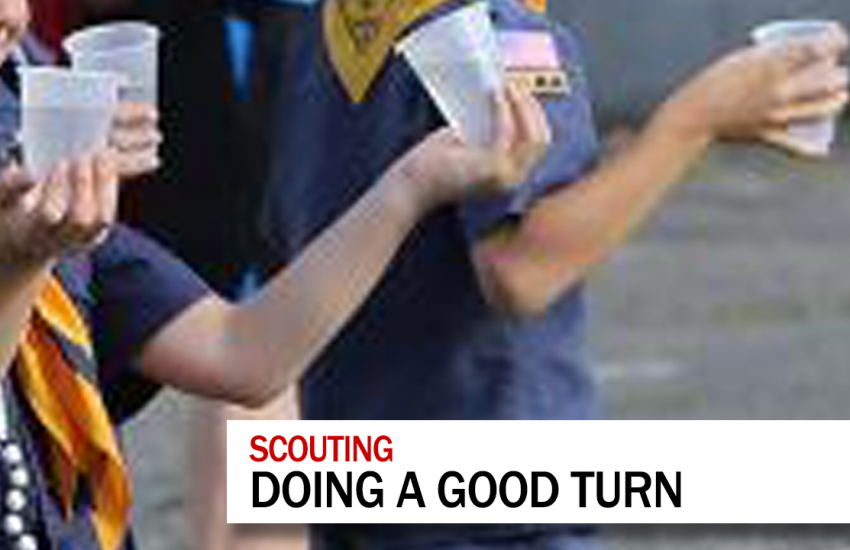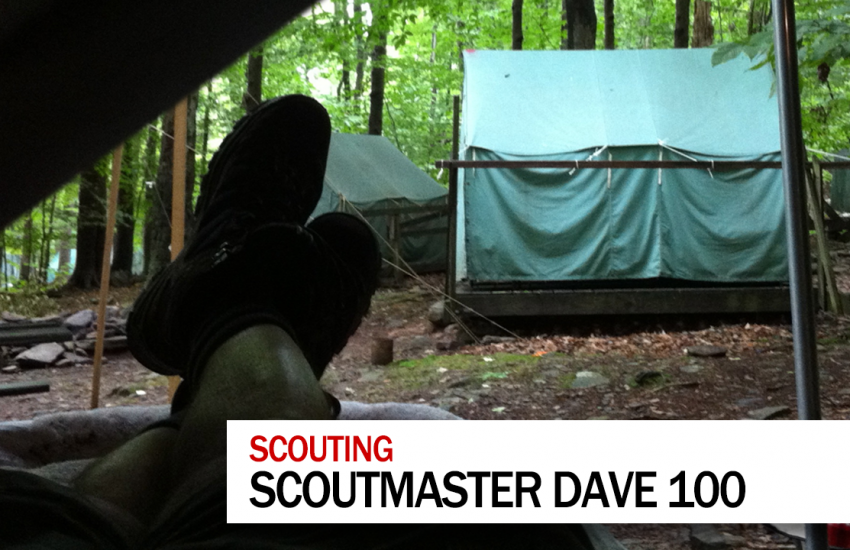How to wrangle your outdoor stove to make more than burnt toast and raw chicken.
Show Notes:
Transcript:
The keys to effective stove cooking is preparation and heat control.
The stove I own, and the ones the troop uses is a Coleman 2-burner stove. These stoves are cheap, and generally reliable. Heat control however can be a problem with the propane, as it seems like on most of the stoves the heat creeps up a bit as you are cooking.
To combat this, it’s always good to check the flame height regularly. In general as you cook, the surface you are using, the pots and pans, will begin to retain the heat, so even if your heat is even, you will need to turn it down a bit as you really get cooking.
Another thing that helps in the cooking process is the food prep.
While all the scouts want to actually work the spatula, none of them want to prep the food.
I’m a big proponent of prepping out your ingredients, and in some cases even cooking things prior to going on a campout. Not only does this make cooking easier, but also it reduces the amount of space and waste you bring out with you.
Even if you don’t pre-cook the chicken for the stew you are making, you can easily cut it into the strips, chunks or bits you need to cook it, then wrap it in a combination of plastic wrap and aluminum foil. The plastic will keep it from leaking, and the foil will help retain the temperature.
Chicken is a particular problem outdoors, as you don’t want to contaminate all your pots, pans and utensils with the risk of salmonella, so prepping in advance, or at least cutting it up is desirable.
But even other ingredients, benefit from pre-portioning and preparation.
If you are making a one-pot meal that requires 6 different spices, it’s much easier to get a small Tupperware container or plastic baggie and make a spice bag, then taking 6 spice bottles out with you for the equivalent of a couple of ounces of materials.
You can only drill preparation into the boys so much, but what you can do is set the example with the adult patrol when you cook. Believe me, if they see you making a ton of garbage to haul back and forth they will never follow your minimizing instructions.
Along with pre-prep, I like to teach the idea of a Sous chef, which is another scout who hands over the ingredients.
As the cook needs it. So if scouts are making grilled cheese, have another scout take out the bread, organize the butter, and unwrap the cheese slices. This will let the designated cook monitor the results instead of looking for the end of the cheese wrapper.
This keeps the mishaps in cooking to a minimum and makes cleaning up easier too. But this is what works for us.
Take what you like and leave the rest, and as we say in Woodbadge, feedback is a gift, leave yours below in the comments, with the hope we can all learn together. I’m Scoutmaster Dave, and this was stove cooking.




